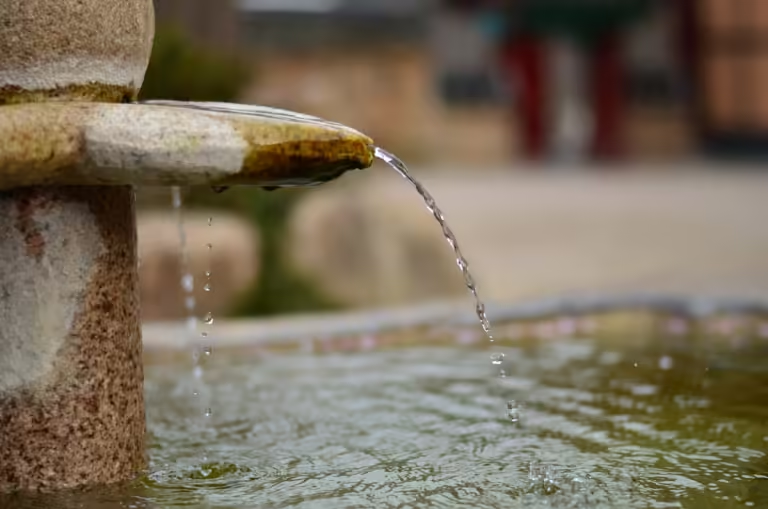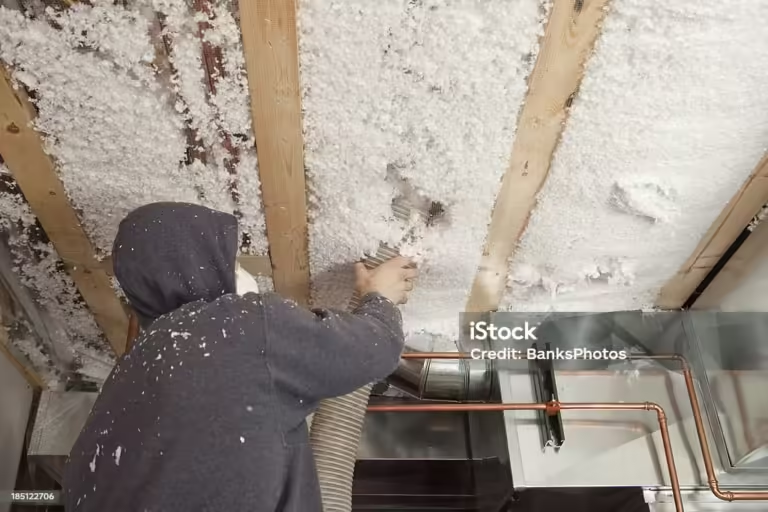What to do when a Neighbor Damages your Property?
Property damage caused by a neighbor can be a distressing experience, disrupting your peace of mind and causing financial strain. Whether it’s a stray baseball breaking a window or a tree limb falling onto your fence, knowing how to handle the situation calmly and effectively is crucial. In this article, we’ll explore the steps you can take when faced with property damage by a neighbor, from assessing the harm to seeking compensation and resolving conflicts amicably.

Assessing the Damage
The first step in addressing property damage is to assess the extent of the harm. Take photographs and document the damage thoroughly, noting any relevant details such as date and time of the incident. This documentation will be valuable when communicating with your neighbor or seeking compensation through insurance or legal channels.
Communication with the Neighbor
Initiating a conversation with your neighbor about the damage is often the most straightforward approach to resolving the issue. Choose a time when both parties are calm and approach the conversation with empathy and understanding. Clearly explain the situation and express your concerns, giving your neighbor an opportunity to respond and take responsibility for their actions.
Steps to Handle these Situations:
When a neighbor damages your property, it can be frustrating and challenging to know how to handle the situation. Here’s a step-by-step guide with proper solutions:
Assess the Damage: Start by assessing the extent of the damage. Take photos and document everything carefully. This evidence will be crucial for any further steps you take.
Talk to Your Neighbor: Approach your neighbor calmly and respectfully to discuss the damage. They might not even be aware that it happened. Keep the conversation focused on finding a solution rather than placing blame.
Consider Insurance: Check your homeowner’s insurance policy to see if the damage is covered. If it is, you can file a claim to get compensation for the repairs.
Seek Mediation: If you’re unable to reach a resolution with your neighbor directly, consider using a mediation service. A mediator can help facilitate a productive conversation and find a compromise that satisfies both parties.
Legal Action: If all else fails, you may need to consider legal action. Consult with a lawyer to understand your options for pursuing compensation through small claims court or other legal avenues.
Repair the Damage: Once you’ve resolved the issue, focus on repairing the damage to your property. Hire professionals if necessary and keep records of all expenses incurred.
Prevent Future Incidents: Take steps to prevent similar incidents from happening in the future. This could involve installing security cameras, reinforcing fences, or setting clear boundaries with your neighbors.
Maintain Positive Relations: Despite the conflict, try to maintain a positive relationship with your neighbor. Building trust and understanding can help prevent future disputes and foster a sense of community.
By following these solutions, you can address property damage caused by a neighbor effectively and hopefully prevent similar issues in the future.
Seeking Compensation
Depending on the extent of the damage, you may be eligible for compensation through your homeowner’s insurance policy. Review your policy to understand what is covered and consider filing a claim if applicable. If the damage is minor and not covered by insurance, you may choose to pursue compensation through small claims court.
Legal Action
In cases where the damage is significant or your neighbor refuses to take responsibility, you may need to consider legal action. Consult with a lawyer to understand your rights and options for pursuing compensation through civil litigation. While legal proceedings can be time-consuming and costly, they may be necessary to protect your interests and hold the responsible party accountable.
Preventing Future Incidents
To prevent future instances of property damage, take proactive measures to safeguard your property. This may include installing security cameras, reinforcing fences, or establishing clear boundaries with your neighbors. Open communication and mutual respect are key to maintaining positive neighborly relations and minimizing the risk of conflict.
Maintaining Positive Neighborly Relations
Despite the challenges posed by property damage, strive to maintain positive relations with your neighbors. Find common ground and opportunities for cooperation, whether it’s participating in neighborhood events or offering assistance when needed. Building trust and understanding can help mitigate conflicts and foster a sense of community.
Conclusion
Dealing with property damage caused by a neighbor can be a stressful experience, but by following these steps, you can navigate the situation effectively and protect your interests. From assessing the damage to seeking compensation and resolving conflicts, proactive communication and thoughtful action are essential. Remember to prioritize the preservation of neighborly relations and address issues promptly to prevent further damage and maintain a harmonious community.
YOU MIGHT ALSO LIKE
What should I do if my neighbor denies causing the damage?
- If your neighbor denies causing the damage, gather any evidence you have and consider seeking mediation or legal advice to resolve the dispute.
Should I involve other neighbors in resolving the issue?
- Involving other neighbors in the resolution process can be helpful if they witnessed the incident or have experienced similar issues. However, be mindful of confidentiality and avoid escalating tensions by gossiping or taking sides.
What to do when a Neighbor Damages your Property?
- Assessing the Damage: Evaluate the extent of the property damage caused by your neighbor.
- Communication with Neighbor: Engage in open dialogue with your neighbor to address the issue.
- Insurance Coverage Review: Review your homeowner’s insurance policy for potential coverage.
- Legal Considerations: Explore legal options and seek advice if necessary.
- Repair and Restoration: Arrange for repairs to restore your property to its original condition.
- Mediation for Resolution: Consider mediation services to facilitate a mutually agreeable resolution.
- Preventive Measures: Implement steps to prevent future instances of property damage.
- Maintaining Neighborly Relations: Strive to maintain positive relations with your neighbor throughout the process.









